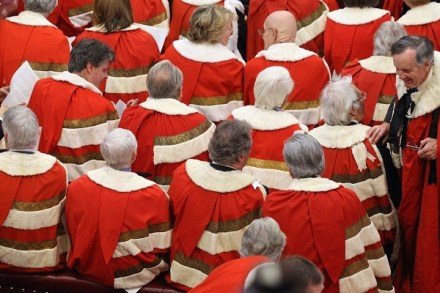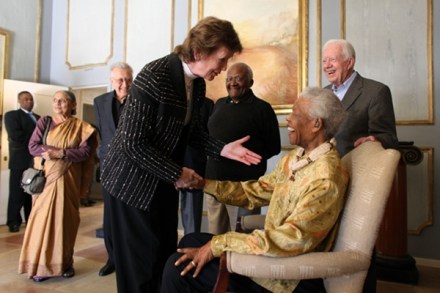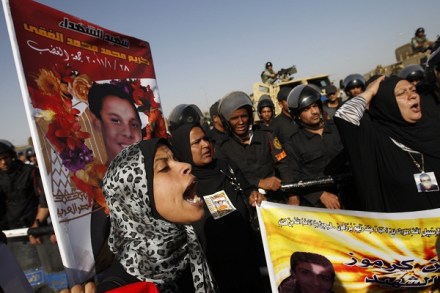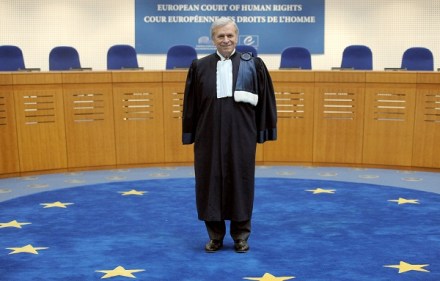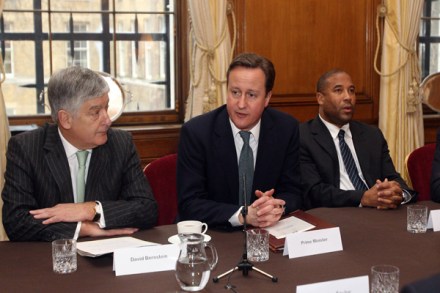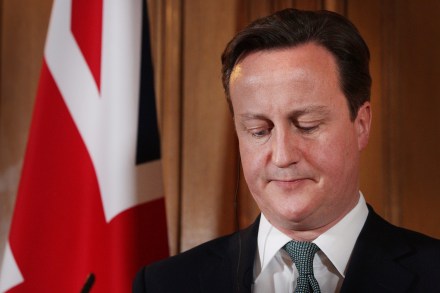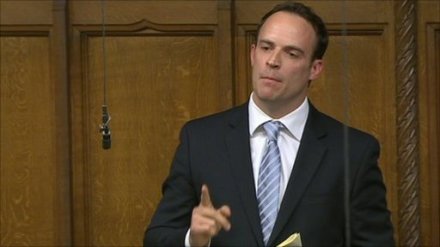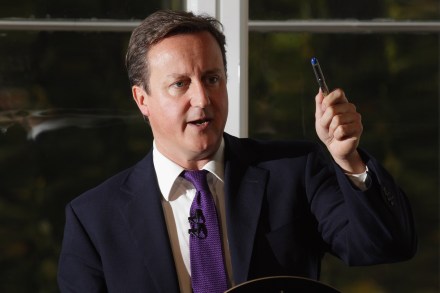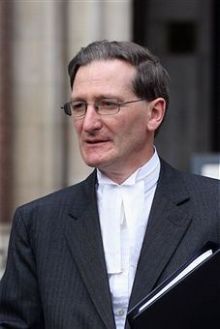The government kicks the Sharia debate into the long grass
Because our Parliament discusses little of significance anymore, most of the public tend to ignore it. The perception that the weekly silliness of Prime Minister’s Questions constitutes Parliamentary business is enough to put any normal person off. And apart from that weekly bun-fight, even the media barely bothers to report on the work of either House any longer. Occasionally something still happens in the Commons or the Lords that is worthy of serious attention but because of its form elsewhere, such occasions fail to get the attention they deserve. Such is the Bill proposed by Baroness Cox, which had its second reading in the Lords on Friday. Beneath its title
